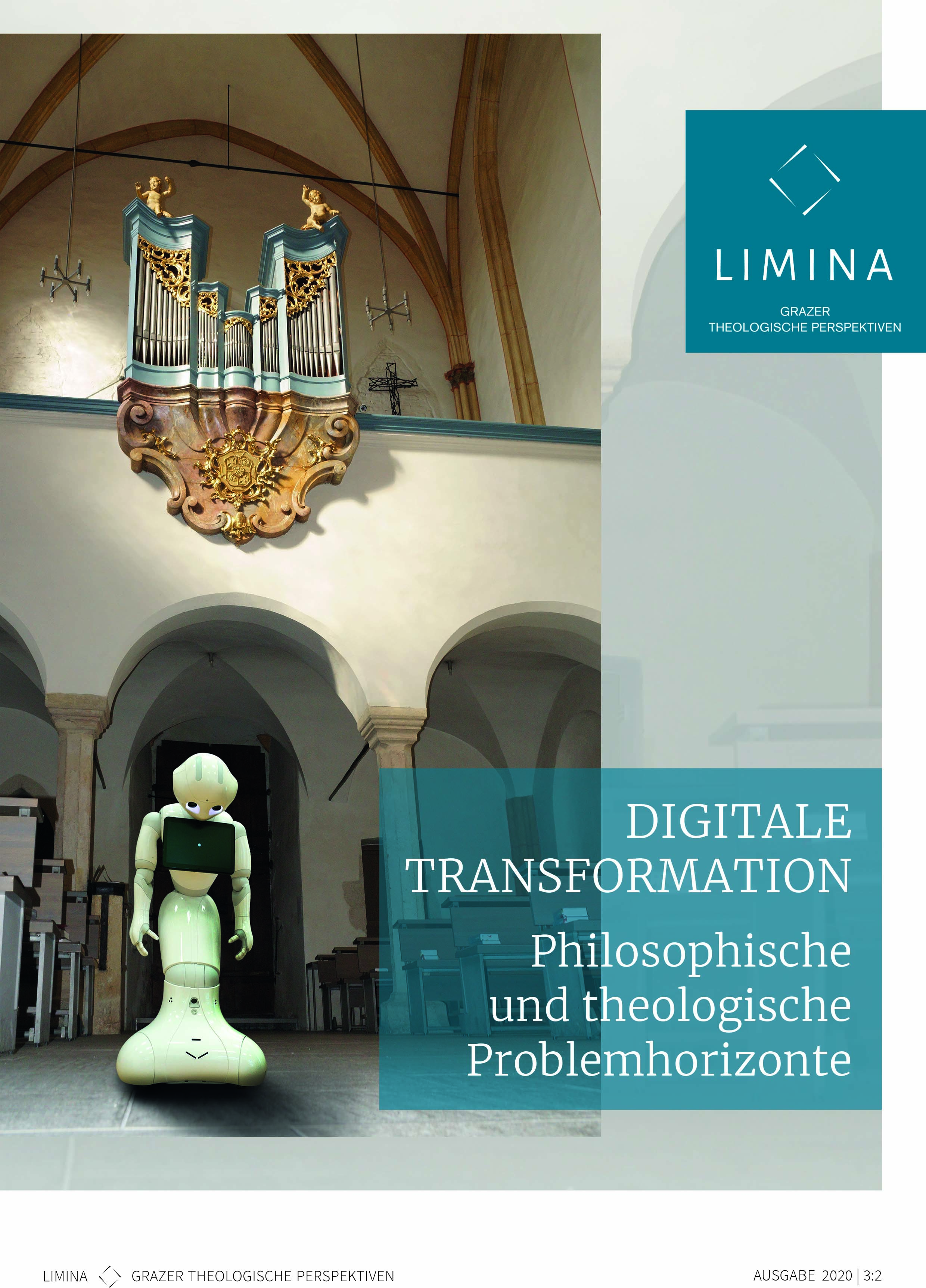The turning of Turing's tables The Turing test as an anthropological thought experiment in digital game narratives
Hauptsächlicher Artikelinhalt
Abstract
Im Jahr 1950 entwickelte Alan Turing den gleichnamigen Turing-Test, um festzustellen, ob künstliche Intelligenz menschliches Verhalten – insbesondere die Fähigkeit, eine höfliche Unterhaltung zu führen – in einem solchen Grad nachahmen kann, dass es nach menschlicher Beurteilung nicht mehr möglich ist, zuverlässig zwischen dem Künstlichen und dem Menschlichen zu unterscheiden. Seither ist der Turing-Test selbst zu einem Gütesiegel im Forschungsgebiet der künstlichen Intelligenz geworden, aber auch zu einem bekannten und oft verwendeten narrativen „Topos“ in der zeitgenössischen Literatur, und Filmkunst, aber auch in Videospielen. Dabei wird der Turing-Test in all seinen Formen und Variationen als eine Art Gedankenexperiment eingesetzt, das die anthropologische Grundfrage aufwirft: Was bedeutet es, ‚menschlich‘ zu sein bzw. als ‚menschlich‘ bezeichnet zu werden?
Diese Fragen kommen, so die Argumentation des Autors, auch in Videospielen zu tragen. Im Gegensatz zu Filmen und Romanen, die den Turing-Test auf rein „passive“ Weise zeigen – d. h. das Publikum selbst wird keinem Test unterzogen sondern beobachtet diesen –, verfolgen manche Videospiele eine „aktive“ Umsetzung: Sie unterziehen die Spielenden selbst einem Test und regen zum Nachdenken darüber an, welche Charakteristika und Merkmale tatsächlich zwischen Mensch und Maschine unterscheiden.
Der Autor präsentiert und analysiert zwei solcher Videospiele, "The Turing Test" (2016) und "The Talos Principle" (2014). Anhand dieser wird gezeigt, dass die darin vorkommenden künstlichen Intelligenzen in Frage stellen, was gemeinhin (und möglicherweise arbiträr) nur Menschen zugeschrieben wird, nämlich Eigenschaften wie Moralität, Kreativität, Sprachvermögen oder (Un-)Gehorsam.
Artikel-Details
Das Copyright verbleibt ohne Einschränkungen bei den Autor:innen.
Der Inhalt von LIMINA steht unter der Creative Commons Attribution 4.0 International Licence. Mit der Einreichung eines Beitrags stimmen die Autor:innen den Nutzungsbedingungen der CC BY-Lizenz zu.

